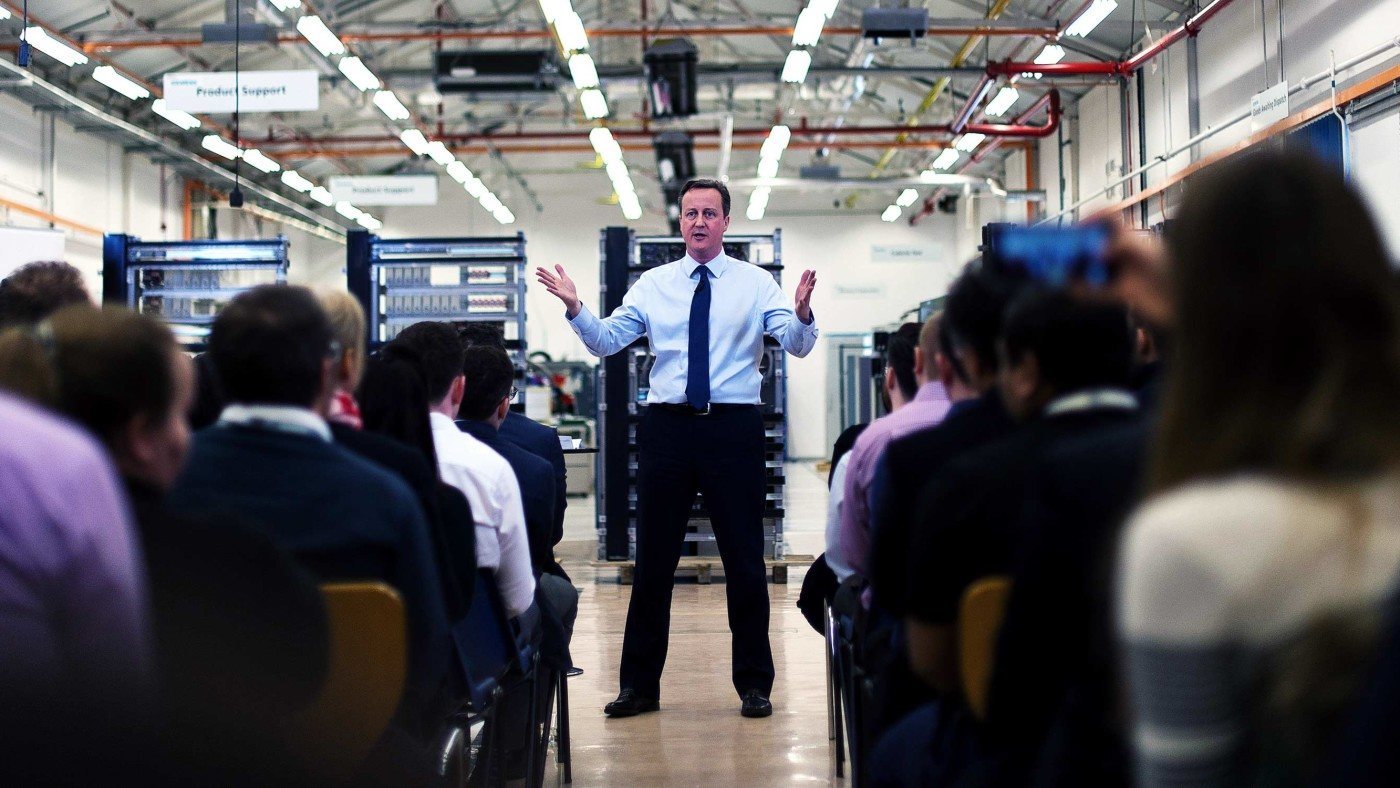It’s only a draft. But the proposed “new settlement” for the UK in the European Union that David Cameron has negotiated largely achieves his renegotiation objectives. Assuming a final deal can be clinched on that basis at the next summit of EU leaders on 18-19 February, it opens the door for the prime minister and most of the cabinet to campaign vigorously for Britain to remain in the EU in the referendum that is pencilled in for 23 June.
Predictably, the draft deal was immediately rubbished by the myriad Leave campaigns and their sympathisers in the press. The UKIP-supporting Daily Express dismissed it as a “joke”. The Sun called it a “stitch-up”, a “farce” and a “steaming pile of manure”. The Daily Mail labelled it “The Great Delusion”. But let’s face it: there was nothing that Cameron could realistically have obtained that would have satisfied die-hard Outers.
Despite the Outers’ derision, the draft actually achieves many of their demands – a “red card” for national parliaments to veto EU legislation that unduly tramples on national sovereignty, an end to “ever closer union”, limits on EU migrants’ benefits and less red tape for smaller businesses – as the Britain Stronger in Europe campaign has pointed out. The bigger picture is that while the crisis-hit EU is deeply flawed, EU membership is better for Britain than the uncertain alternatives – and the proposed new settlement offers the UK even better terms.
In a recent column for CapX, I set out how Cameron’s renegotiation could be a success. Many thought the piece was too optimistic. Yet the draft text published yesterday by the president of the European Council, Donald Tusk, actually gives Cameron even more than I expected. The 16 pages of dense EU legalese meet most of Cameron’s concerns about business competitiveness, sovereignty, safeguards for non-euro members and welfare benefits for EU migrants.
As expected, the draft endorses Cameron’s demands that the EU bolster efforts to boost business competitiveness by advancing the single market and clinching more trade deals. More specifically, it commits the EU to “lowering administrative burdens and compliance costs on economic operators, especially small and medium enterprises, and repealing unnecessary legislation”. What’s not to like?
On sovereignty, the draft spells out that the EU treaty aspiration to “ever closer union” is not legally binding on Britain. “The references to an ever closer union among the peoples of Europe do not offer a basis for extending the scope of any provision of the Treaties or of EU secondary legislation… The competences conferred by the Member States on the Union can be modified, whether to increase or reduce them, only through a revision of the Treaties with the agreement of all Member States… It is recognized that the United Kingdom, in the light of the specific situation it has under the Treaties, is not committed to further political integration into the European Union.” That is as crystal clear as EU legal texts get.
The draft also gives groups of national parliaments a “red card” to veto EU decisions that would be better addressed at a national level. If a qualified majority of at least 55% of national legislatures object to a proposed EU law on the grounds of subsidiarity, the measure will be dropped unless the concerns that MPs raise can be accommodated.
On safeguards for non-euro members, the most important issue in the renegotiation, the draft gives Cameron most of what he was seeking. Any further integration in the eurozone will “respect the rights and competences of the non-participating Member States”. More specifically, the draft prohibits discrimination against legal entities on the basis of their location outside the eurozone, pledges to respect the single market and guarantees that Britain will not have to pay for bailouts in the eurozone. It also confirms that financial supervision and resolution in the UK remain the responsibility of UK authorities, not eurozone ones. Where disputes arise, they will be referred to heads of governments at the European Council, although the specifics of how this emergency-brake mechanism would operate remain undecided.
On migration and welfare, the draft goes further than expected to satisfy Cameron’s concerns. Indeed, Home Secretary Theresa May, whom many Brexiteers had hoped would lead the official Leave campaign, said it was “a basis for a deal”. The draft would amend EU law to allow Britain to pay lower child benefit to a Polish migrant whose children were back in Poland. It would give Britain the right to prevent migrants from outside the EU bypassing UK restrictions on marriage of convenience by getting married in another EU member state. And it would also amend EU law to create a temporary safeguard mechanism that would enable Britain to limit in-work benefits for newly arrived EU migrants for up to four years in exceptional circumstances, with the approval of a qualified majority of EU governments and the European Commission. But how long this temporary safeguard would last is undecided.
Most of the deal would consist of a legally binding decision of EU leaders. It remains to be decided whether the changes would be incorporated into the EU treaties when they are next revised.
A deal is still not done and dusted. Two weeks of frantic negotiations with other EU leaders lie ahead. The European Parliament’s approval is also needed for some of the changes. But in effect, the publication of Tusk’s dry and technical draft is the starting gun for the much more colourful and wide-ranging referendum debate about Britain’s future that lies ahead. Let the battle begin.


